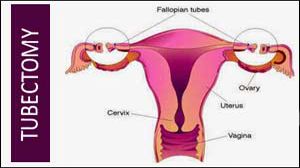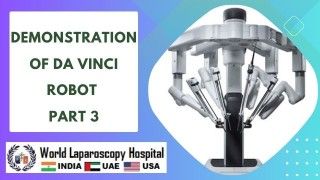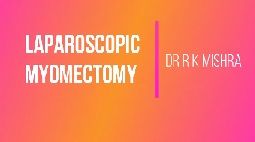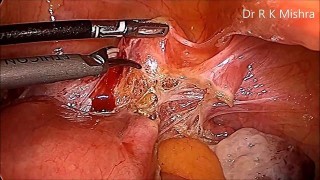Gastric Bypass and Mini Gastric Bypass Lecture by Dr R K Mishra
Add to
Share
154 views
Report
1 month ago
Description
Obesity has emerged as a global health concern, often leading to serious complications such as type 2 diabetes, hypertension, sleep apnea, and cardiovascular diseases. Surgical interventions, particularly bariatric procedures, have become an essential solution for patients struggling with severe obesity. Among these, Gastric Bypass (Roux-en-Y Gastric Bypass) and Mini Gastric Bypass (MGB) are highly effective techniques that have transformed the landscape of metabolic and bariatric surgery. In a detailed lecture delivered by Dr. R K Mishra, a pioneering laparoscopic and bariatric surgeon, participants gained invaluable insights into these procedures, their indications, and their long-term outcomes. Key Highlights of the Lecture Understanding Gastric Bypass: Dr. Mishra explained the standard Roux-en-Y Gastric Bypass (RYGB) procedure, which involves creating a small stomach pouch and rerouting a portion of the small intestine to it. This dual mechanism restricts food intake and reduces calorie absorption, facilitating significant weight loss and metabolic improvements. Mini Gastric Bypass – A Simplified Alternative: The lecture also focused on the Mini Gastric Bypass (MGB), a streamlined version of RYGB. This procedure creates a longer gastric tube and connects it to the small intestine in a loop, reducing operative complexity while maintaining comparable weight loss and metabolic benefits. Dr. Mishra highlighted its advantages, including shorter operative time, lower complication rates, and easier reversibility if required. Patient Selection and Preoperative Evaluation: Emphasizing safety and efficacy, Dr. Mishra discussed careful patient evaluation, including BMI criteria, comorbidity assessment, nutritional status, and psychological readiness. Proper preoperative planning is crucial for optimal outcomes and long-term success. Surgical Technique and Innovations: Using high-definition laparoscopic videos and intraoperative demonstrations, Dr. Mishra illustrated key steps of both procedures. He also shared innovative tips for minimizing complications, ensuring precise anastomosis, and enhancing recovery through minimally invasive techniques. Postoperative Care and Follow-up: Effective weight loss surgery extends beyond the operating room. The lecture covered dietary progression, supplementation, monitoring for complications, and the importance of lifestyle modifications to maintain results. Dr. Mishra emphasized the role of patient education and long-term follow-up in preventing nutritional deficiencies and ensuring sustainable weight loss. Outcomes and Research Evidence: Dr. Mishra reviewed recent studies comparing RYGB and MGB, showing comparable efficacy in weight reduction and diabetes remission, with MGB often offering shorter recovery times and fewer technical challenges. Conclusion The lecture by Dr. R K Mishra provided a comprehensive understanding of both Gastric Bypass and Mini Gastric Bypass procedures, combining scientific evidence with practical surgical insights. It highlighted the importance of individualized patient care, meticulous surgical technique, and multidisciplinary follow-up to achieve optimal outcomes in bariatric surgery. Surgeons, trainees, and healthcare professionals left the session equipped with actionable knowledge to improve patient care and embrace innovations in metabolic surgery.
Similar Videos






